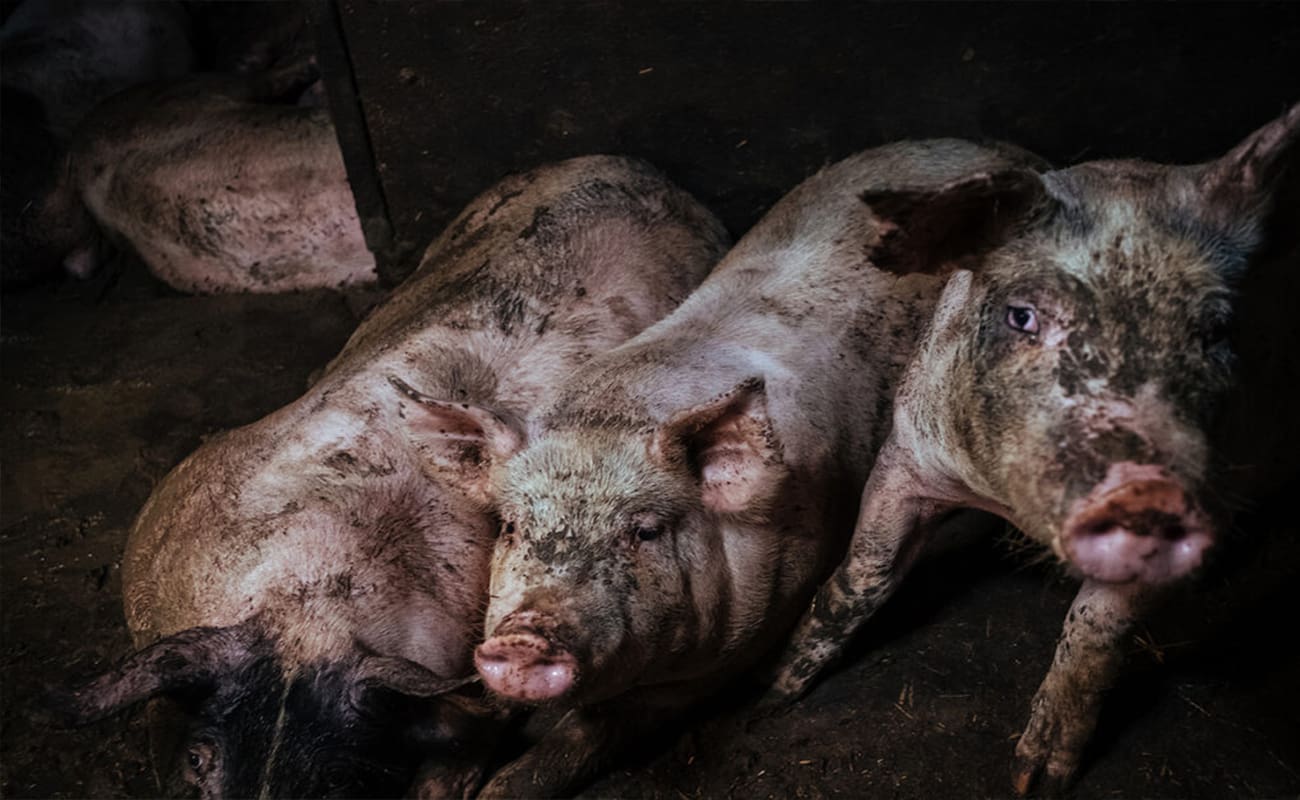This category examines how animals—feeling, thinking beings—are affected by the systems we build and the beliefs we uphold. Across industries and cultures, animals are treated not as individuals, but as units of production, entertainment, or research. Their emotional lives are ignored, their voices silenced. Through this section, we begin to unlearn those assumptions and rediscover animals as sentient lives: capable of affection, suffering, curiosity, and connection. It’s a reintroduction to the ones we’ve learned not to see.
The subcategories within this section provide a multi-layered view of how harm is normalized and institutionalized. Animal Sentience challenges us to recognize the inner lives of animals and the science that supports it. Animal Welfare and Rights questions our moral frameworks and highlights movements for reform and liberation. Factory Farming exposes one of the most brutal systems of mass animal exploitation—where efficiency overrides empathy. In Issues, we trace the many forms of cruelty embedded in human practices—from cages and chains to lab tests and slaughterhouses—revealing how deeply these injustices run.
Yet the purpose of this section is not only to expose cruelty—but to open a path toward compassion, responsibility, and change. When we acknowledge the sentience of animals and the systems that harm them, we also gain the power to choose differently. It’s an invitation to shift our perspective—from dominance to respect, from harm to harmony.
The use of animals in scientific research sparks intense ethical debates, balancing the pursuit of medical breakthroughs with concerns for animal welfare. While such studies have led to life-saving treatments and deeper insights into human biology, they also raise questions about morality, transparency, and the need for humane alternatives. As society demands greater accountability and innovation in research practices, this article examines the arguments for and against animal testing, explores existing regulations, highlights emerging alternatives, and considers how researchers can uphold ethical standards while advancing science responsibly


























































